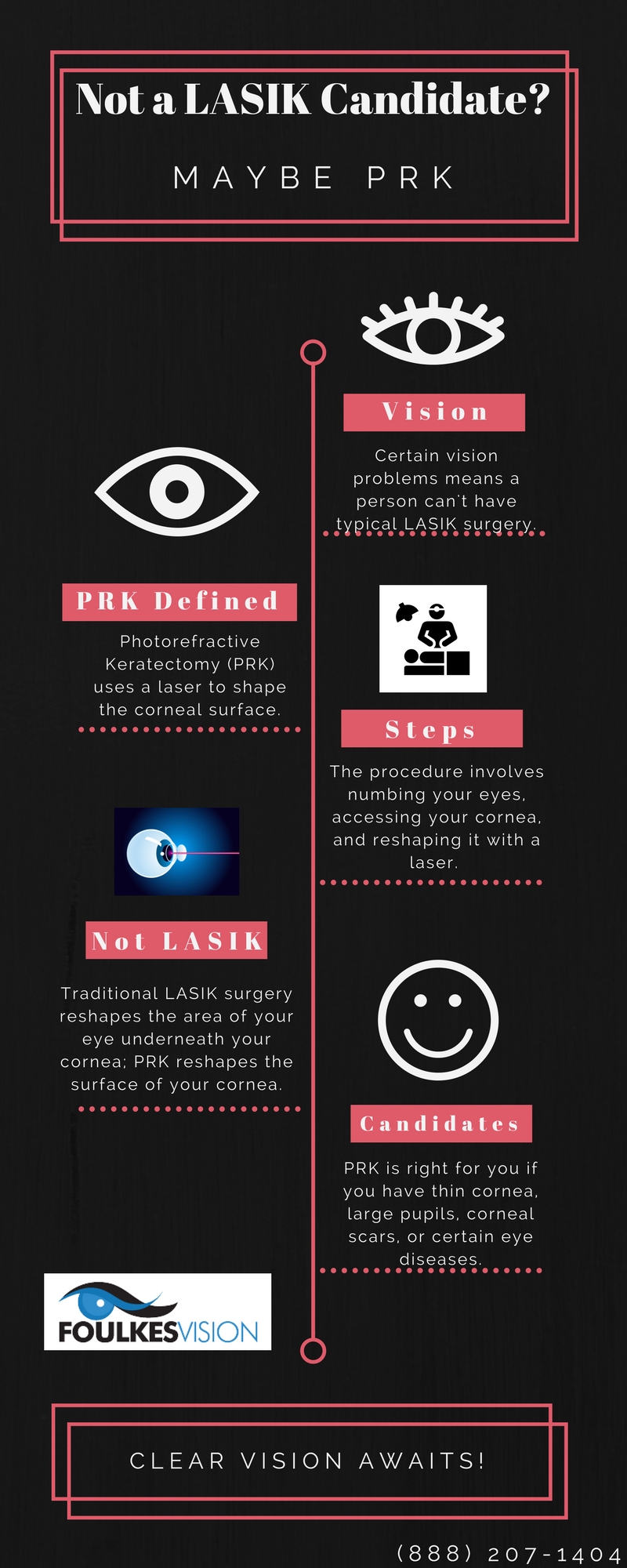The Complete Frequently Asked Question On Refractive Lens Exchange: Crucial Information You Need To Know
The Complete Frequently Asked Question On Refractive Lens Exchange: Crucial Information You Need To Know
Blog Article
Material Author-Lundqvist Lorentzen
If you're considering refractive lens exchange, you most likely have a lot of questions. This procedure might alter just how you see the globe, offering benefits like lowered dependence on glasses. Nonetheless, it's important to understand the process, threats, and who certifies as a great candidate. Let's discover these critical facets so you can make an enlightened choice concerning whether RLE is right for you.
What Is Refractive Lens Exchange and Exactly How Does It Work?
Refractive lens exchange (RLE) is a procedure designed to replace your eye's natural lens with a synthetic one, fixing vision issues like nearsightedness, farsightedness, or presbyopia.
During the procedure, your doctor makes a little cut in the eye, removes your all-natural lens, and inserts an intraocular lens (IOL) customized to your vision needs. This outpatient surgical treatment generally takes around 15 to half an hour per eye and is done under regional anesthesia.
You'll likely notice improvements in your vision nearly right away, though complete recovery may take a couple of weeks. RLE is especially helpful for those over 40 or with high prescriptions, offering a lasting remedy contrasted to glasses or contact lenses.
Your eye care expert can aid determine if RLE is right for you.
What Are the Conveniences and Risks of Refractive Lens Exchange?
Choosing refractive lens exchange can lead to significant renovations in your vision, however it is necessary to evaluate both the advantages and threats prior to making a decision.
On the bonus side, this procedure can boost your sight by dealing with problems like presbyopia, nearsightedness, and hyperopia. Lots of people appreciate lowered dependancy on glasses or get in touch with lenses, which can greatly enhance their quality of life.
However, it's vital to think about prospective risks. Problems can include infection, glow, or halos around lights.
There's additionally a chance of overcorrection or undercorrection, which might call for additional procedures.
That Is a Perfect Candidate for Refractive Lens Exchange?
If you're considering refractive lens exchange, it is essential to know whether you fit the account of a perfect prospect. Generally, you may be a great prospect if you more than 40, experience presbyopia, or have high degrees of nearsightedness or farsightedness.
It's likewise essential that your vision is stable, meaning your prescription hasn't transformed significantly in the past year. If you have cataracts or other eye problems, you might take advantage of this treatment as well.
However, certain aspects, like unrestrained diabetes mellitus or autoimmune diseases, could disqualify you. To determine https://rentry.co/8cfryse3 , speak with an eye care professional that can review your particular situation and recommend the very best course of action tailored to your needs.
Conclusion
In conclusion, refractive lens exchange can be a transformative alternative for improving your vision, specifically if you more than 40 or have a high prescription. While the benefits are considerable, it's crucial to evaluate the threats and talk to your eye care specialist to figure out if you're a suitable prospect. With the best information and guidance, you can make an informed choice and possibly enjoy a life with decreased dependence on glasses.
